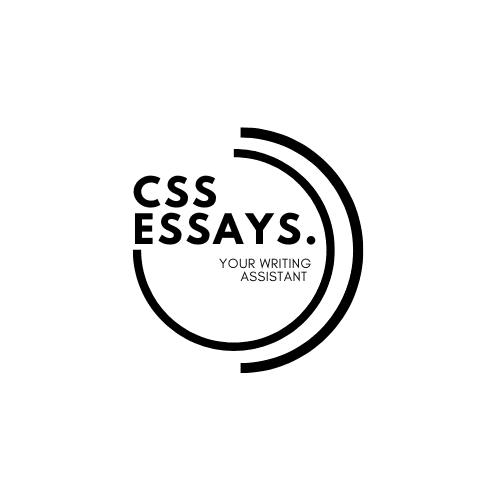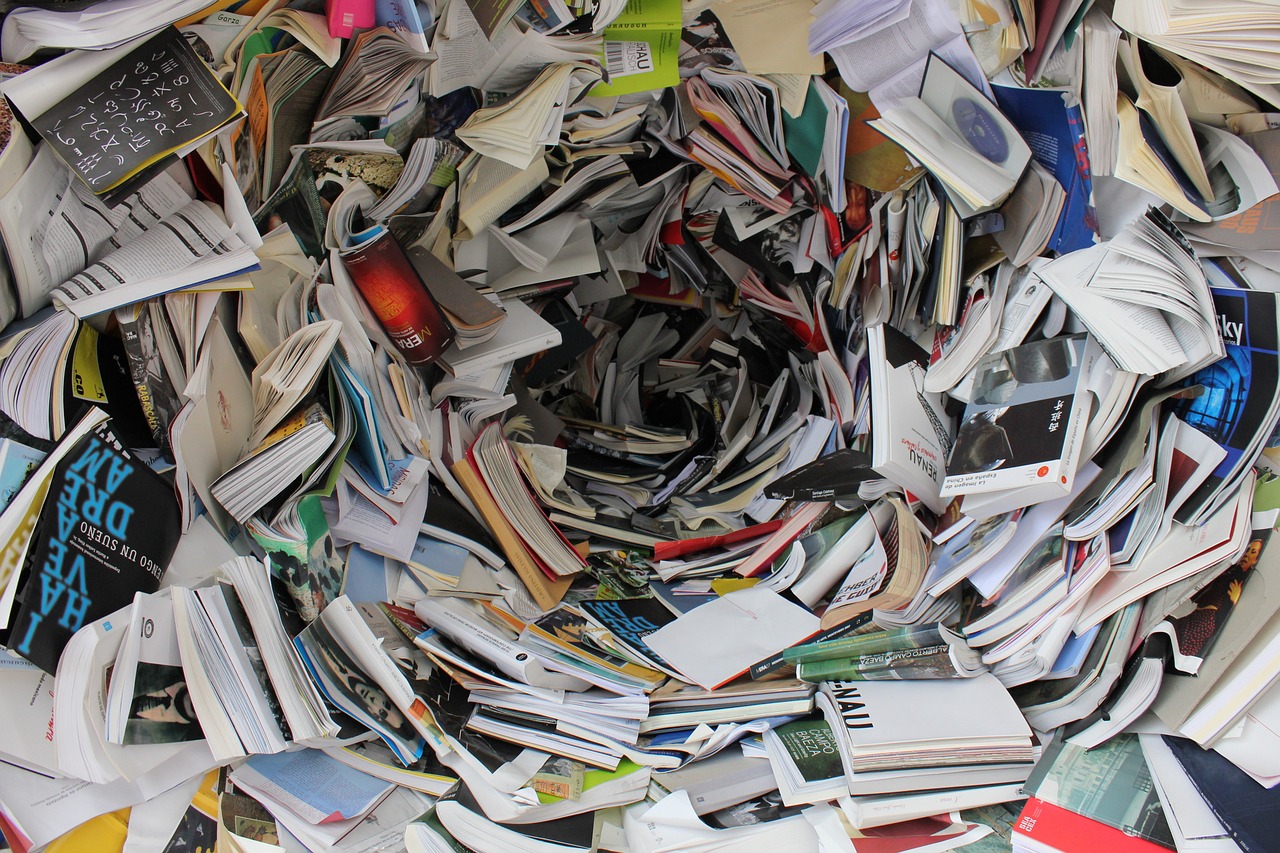Literacy and Democracy are often thought of as two concepts at odds with one another. Democracy refers to a form of government in which power lies with the people through elections of representatives to make decisions for them; while illiteracy refers to being unable to read or write – essential skills in democratic societies where informed citizens play key roles; however, Literacy and Democracy stands in its way of full participation.
One of the key principles of democracy is the right to vote. However, to exercise it effectively and make informed choices at polling places, citizens require basic literacy and education skills. Without them they may lack access to necessary information at polls as well as being more vulnerable to manipulation by political candidates and parties.
Literacy barriers also pose challenges to other democratic processes such as civic engagement, public meetings and political discussions. Illiterate individuals may find it hard to comprehend and engage with debated topics. Making it more challenging for them to advocate for their interests or hold their representatives accountable.
Low literacy levels
Often signal other issues such as poverty, access to education barriers and social marginalization. Factors which further limit participation by illiterate citizens in democracy.
Democracy and illiteracy do not co-exist, as both require informed and educated citizens for proper functioning. Illiteracy poses a barrier to full participation in democratic processes. Therefore it is critical for governments and societies to address literacy and education issues. To ensure all individuals can take full advantage of democratic life.
Pakistan, located in South Asia, has a complicated history regarding literacy and democracy. After declaring independence from British colonial rule in 1947. It has experienced periods of military dictatorship, democratic rule, and ongoing political instability.
Pakistan faces an immense challenge when it comes to literacy and democracy: its low overall literacy rate. According to United Nations data, adult literacy rate in Pakistan stood at roughly 58% as of 2020 – significantly lower than developing country averages and with significant regional differences and demographic groups such as rural areas having lower literacy rates as well as female illiteracy being particularly prevalent factors.
Low literacy levels in Pakistan have had far-reaching repercussions for democracy.
Including making it harder for citizens to participate fully in elections and hold elected representatives accountable. As well as contributing to lower civic engagement and political participation rates.
Pakistan has made efforts to address these challenges through literacy and education programs. Including literacy tests and policies such as National Education Policy and National Plan of Action for Education for All which aim to expand access and quality. Unfortunately, however, these efforts have been undermined by factors like funding shortages, political disenchantment and ongoing instability.
Pakistan also experiences other factors which threaten democracy, such as poverty. Limited access to education and social marginalization; all these can exacerbate difficulties faced by citizens with limited education in participating fully in democracy.
Pakistan is a country with a low overall literacy rate and history of political instability.
Which has had a detrimental effect on democracy within its borders. Low literacy levels make it harder for citizens to fully engage in electoral processes and hold elected representatives accountable. Making democratic engagement difficult at best and increasing political instability further. While efforts made by government officials have helped, literacy rates still remain low despite efforts made. Pakistan must put forth further effort in improving this area as well. Pakistan faces other problems which impede democratic development such as poverty, lack of access to education and social marginalization. That threaten its democracy as well.
As Pakistan has an intricate political history that involves democracy and stability issues, making its future prediction difficult. However, it should be remembered that Pakistan has faced numerous challenges on these fronts over its existence.
Pakistan faces many challenges due to political instability.
The country has experienced both military dictatorship and democratic rule at various times over recent decades. Leading to numerous political crises and social unrest. Such instability has had serious repercussions for Pakistan including reduced economic growth, poor governance and social unrest.
Pakistan has been grappling with an economic crisis that threatens balance of payments stability, high inflation rates and an unmanageable fiscal deficit for years now. These economic difficulties have contributed to political instability. While making it more challenging for government policies to address these problems effectively.
Pakistan has made attempts to address its challenges, such as through its National Action Plan which seeks to counter terrorism, extremism and sectarianism. Furthermore, efforts are also being taken by government authorities to tackle its economic woes through agreements made with International Monetary Fund for loan packages.
Noteworthy is the difficulty associated with accurately forecasting Pakistan’s future democracy and political stability. Overcoming such challenges will require sustained efforts by government, private sector, international community as well as civil society and general public as well as active engagement by civil society members and the general public. Plus addressing any underlying causes for instability. Such as poverty, limited education access or social marginalization that contribute to crisis situations.
Conclusion In conclusion,
Democracy and illiteracy are often perceived as being in conflict. Democracy refers to a form of government where power lies with the people. Usually through electing representatives who act on their behalf to make decisions for them. Illiteracy refers to being unable to read and write. While democracy requires informed and educated citizens for effective functioning; therefore, illiteracy can pose a barrier to full participation in democratic processes.
Even with its efforts, Pakistan still suffers from an insufficient literacy rate; therefore, more needs to be done on this matter by government. In addition, other issues which threaten democracy in South Africa exist. These include poverty, lack of access to education and social marginalization. Factors which compound illiterate citizens’ difficulty in fully participating in democracy. Overcoming these obstacles will require sustained efforts from government, private sector, international community and civil society. Including active participation by civil society and the general public – as well as an examination of issues contributing to instability and crisis, such as poverty, lack of access to education and social marginalization.
Literacy is vital to the functioning of any democratic society,
Empowering citizens to make informed decisions and participate in political processes more fully. Pakistan, with its relatively low literacy rate, faces significant impediments to democratic governance. Low literacy levels can impede citizens’ ability to access and understand political issues. Making participation in democratic processes harder for these citizens. Additionally, low literacy rates may lead to reduced political engagement and voter apathy – two elements which threaten democracy itself. Therefore, improving literacy rates in Pakistan is paramount to its development as a democracy and in empowering its people.


Very Well explained
Thank you
Good work sir
👍
Good effort, keep it up
Thank you 🙏
Such a good piece of work, thank you sir
🙏🙏
Well written sir
Thanks
Well written sir, thank you for this amazing work
Thanks
👌
Thanks
Eloquent 😎